


Uttar Pradesh Chief Minister Yogi Adityanath highlights the destruction of Hindu temples in various parts of the country and reiterates the need for protecting Sanatan Dharma for world peace. He speaks out against the atrocities faced by Hindus in Bangladesh, Pakistan and Afghanistan and vows to destroy the lineage of those who desecrated Hindu places of worship. Adityanath's remarks come a day after RSS chief Mohan Bhagwat spoke about inclusivity and building a model of harmony in the country that can be adopted by the world.
Mohan Bhagwat and Yogi Adityanath: Invoking Hindu Nationalism and Social Harmony
Background
Mohan Bhagwat, the chief of the Rashtriya Swayamsevak Sangh (RSS), a Hindu nationalist organization, recently addressed a gathering in Pune. In his speech, Bhagwat emphasized the importance of inclusivity and harmony for the progress of India. He asserted that India's greatness lies in its diversity and that it is the duty of all citizens to uphold the values of tolerance and understanding.
Yogi Adityanath's Response
Uttar Pradesh Chief Minister Yogi Adityanath, a prominent figure within the Bharatiya Janata Party (BJP), responded to Bhagwat's speech by reiterating the need to protect Sanatan Dharma, the Hindu tradition. He condemned the destruction of Hindu temples in various parts of the country and vowed to retaliate against those who desecrated Hindu places of worship. Adityanath also highlighted the persecution faced by Hindus in Bangladesh, Pakistan, and Afghanistan.
Analysis
Bhagwat's and Adityanath's remarks underscore the complex and often contradictory nature of Hindu nationalism in India. While Bhagwat emphasizes inclusivity and harmony, Adityanath adopts a more assertive tone, focusing on the protection and promotion of Hindu interests. These contrasting perspectives reflect the broader ideological spectrum within the BJP.
Top 5 FAQs and Answers
1. What is the Rashtriya Swayamsevak Sangh (RSS)? A: The RSS is a Hindu nationalist organization founded in 1925. It is the ideological parent of the BJP and has a significant influence on Indian politics.
2. What are the key beliefs of Hindu nationalism? A: Hindu nationalists believe in the supremacy of Hindu culture and tradition. They advocate for the protection of Hindu interests and the promotion of Hindu values in all spheres of life.
3. How does Yogi Adityanath's rhetoric compare to that of Mohan Bhagwat? A: While Bhagwat emphasizes harmony, Adityanath takes a more assertive approach, focusing on defending Hindu interests and punishing those who threaten them.
4. What are the implications of Hindu nationalism for Indian society? A: Hindu nationalism can lead to the marginalization of minorities and the suppression of dissent. It can also create tensions between different religious groups and undermine India's secular constitution.
5. How does the BJP's rise to power relate to Hindu nationalism? A: The BJP has been the main political vehicle for Hindu nationalist ideology. Its electoral successes have empowered Hindu nationalist groups and enabled them to implement policies that reflect their views.
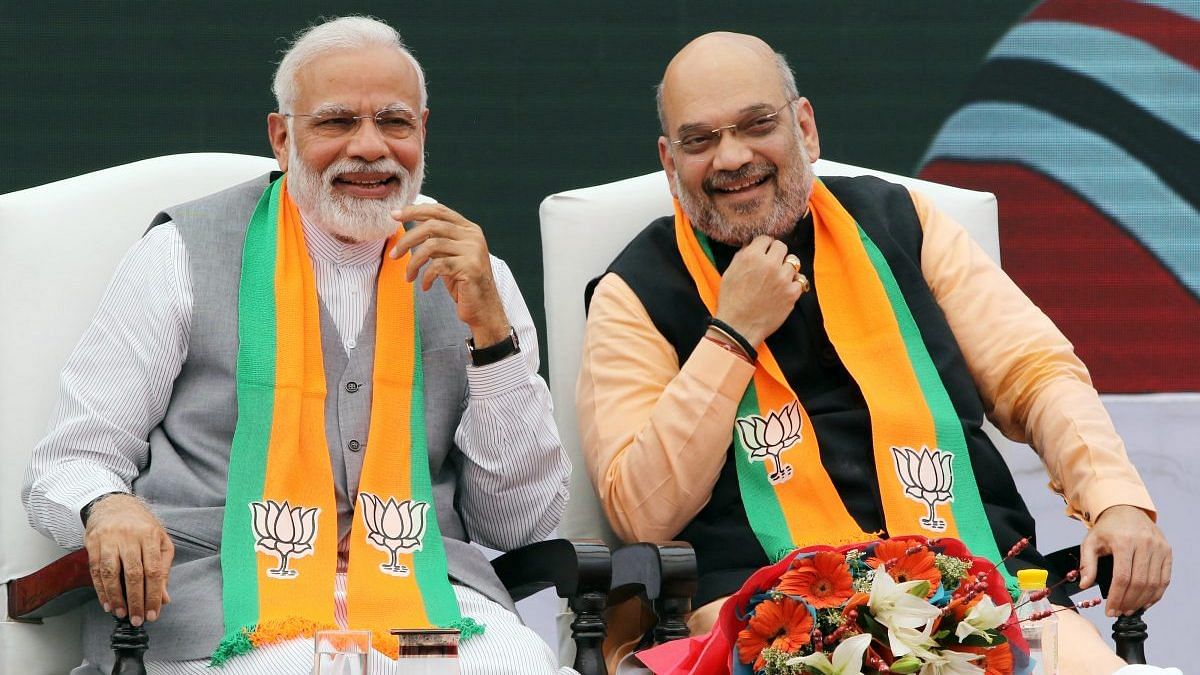
The Congress party has demanded an apology from Prime Minister Narendra Modi for defending Union Home Minister Amit Shah's controversial remarks about Dr. Baba Saheb Ambedkar. Party leaders Gaurav Gogoi and Pramod Tiwari accused the BJP of behaving in a fascist manner and expressed disappointment that no FIR has been filed in their complaint about the incident involving BJP and Congress MPs. Tiwari also highlighted the disrespectful and insulting tone of Amit Shah's speech, and Gogoi revealed that Congress President Mallikarjun Kharge has requested an inquiry into the incident where he fell due to the actions of BJP MPs.

Prime Minister Narendra Modi recently sparked controversy by claiming that the Congress party, under the leadership of Jawahar Lal Nehru, conspired to defeat Dalit icon BR Ambedkar in the 1951-52 Lok Sabha elections. This accusation was made in defense of his political confidante, Home Minister Amit Shah, who had stated that the constant mention of Ambedkar's name has become a "fashion" in Indian politics. However, historical records show that Ambedkar lost the elections to the Congress candidate not once, but twice. How did Ambedkar's relationship with Nehru affect his political career, and was his defeat really a result of Nehru's actions?
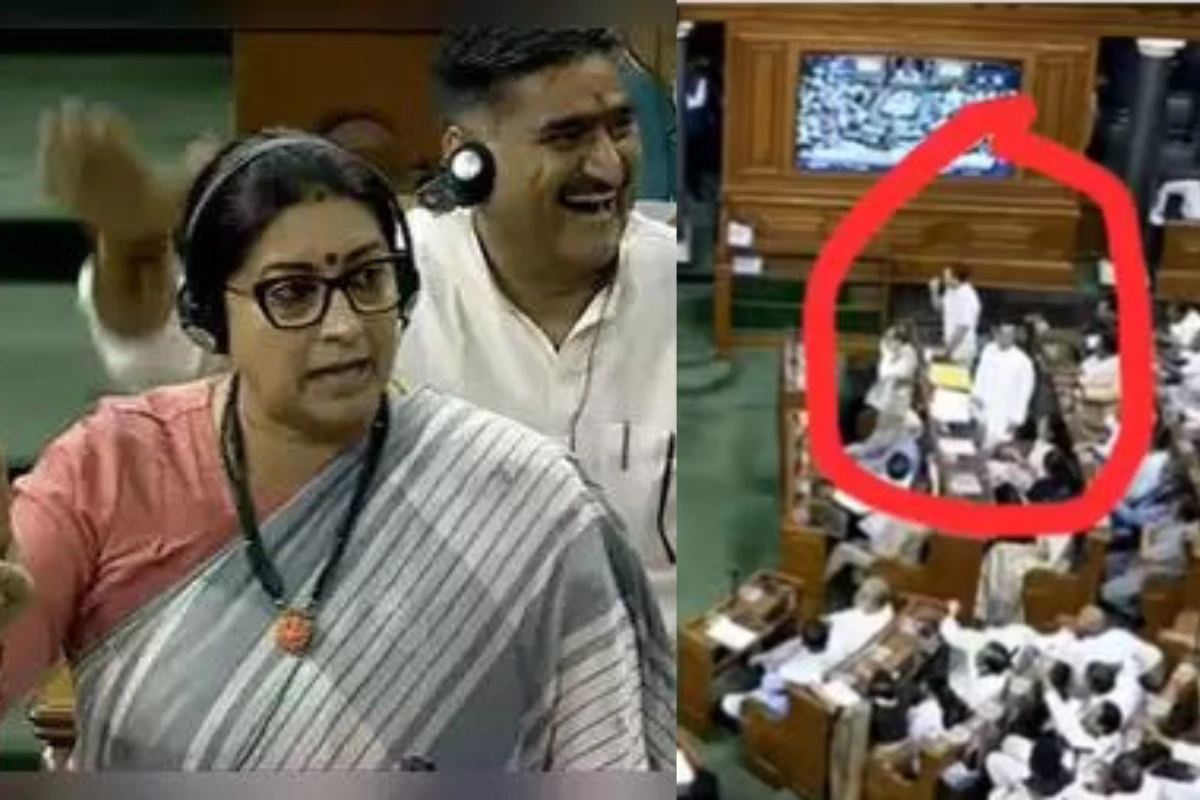
Former Chhattisgarh Chief Minister Bhupesh Baghel has called for the release of CCTV footage showing the alleged physical altercation between Congress leader Rahul Gandhi and a BJP MP in the Parliament complex. Baghel also criticised Union Home Minister Amit Shah for his 'inflammatory' comments regarding Dalit icon B.R. Ambedkar. Rahul Gandhi and the Congress have refuted the accusations and retaliated with their own complaint. Baghel also expressed concerns over the law and order situation in Chhattisgarh under the BJP government.
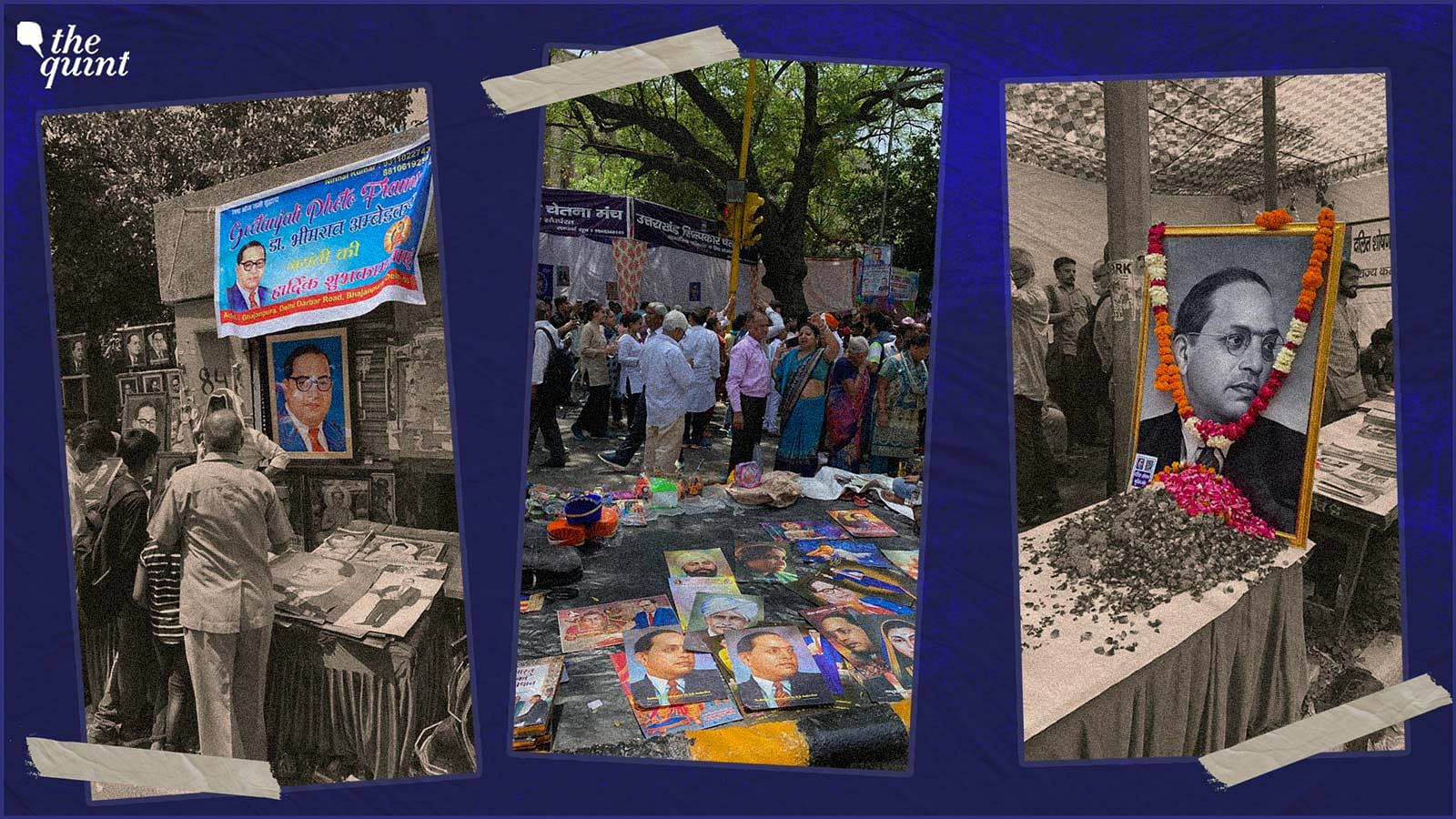
The Assembly constituency of Ambedkar Nagar, located near Saket in South Delhi, is home to a majority of lower-middle-class and middle-class families. Residents express their disappointment and frustration towards the recent political bickering in the Parliament over B R Ambedkar's legacy and instead look to the Aam Aadmi Party (AAP) for tangible solutions to their everyday issues. While the Congress and BJP continue to compete for the support of voters, the AAP has already gained the trust of many residents through their policies and actions. However, some residents remain skeptical and call out the timing of the AAP's recent efforts in the area.
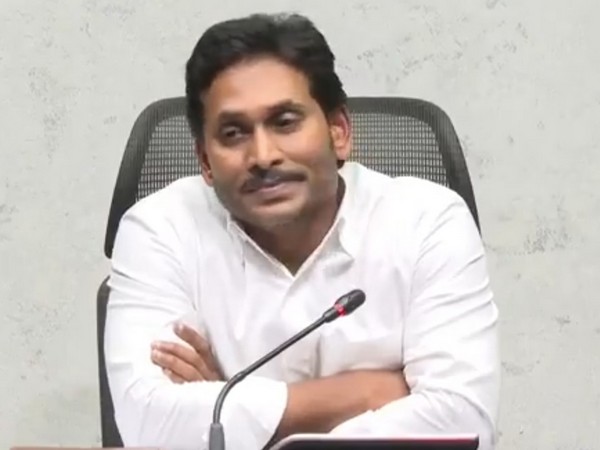
The Andhra Pradesh Chief Minister Jagan's controversial decision to boycott assembly sessions unless accorded the status of opposition leader is causing tension within his own party. People are questioning his motives and demanding answers as to why he and his 10 party MLAs should be allowed to stay away from the assembly without facing consequences. The situation is only escalating as Jagan continues to make impossible demands, leading to concerns about the party's political future.
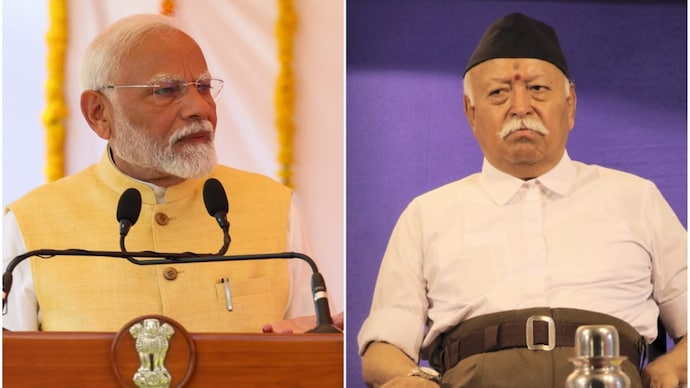
Opposition leaders have welcomed RSS chief Mohan Bhagwat's statement condemning certain Hindu leaders for spreading hate and enmity. However, they have expressed skepticism about the actions of the Sangh Parivar and its affiliates. While lauding Bhagwat's remarks, they have urged him to take a stronger stand against divisive forces within the RSS and clarify their stance on Hindutva. They also criticized the RSS for promoting harmful ideologies that foster division in society.

In a significant development, U.S. Secretary of State Antony Blinken has acknowledged direct communication with Hayat Tahrir al-Sham (HTS), the Syrian rebel group that led the overthrow of President Bashar al-Assad. Despite HTS's pledge to protect minority and women's rights, U.S. officials remain cautious and are closely monitoring the group's governance approaches. The fall of Assad has raised both hopes and concerns, and the international community is closely watching HTS's actions as it assumes a leadership role.
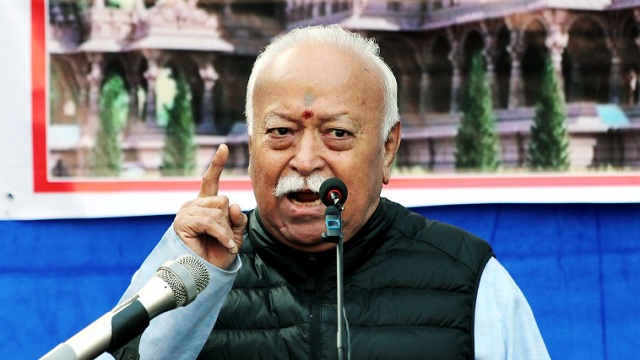
RSS chief Mohan Bhagwat emphasized the need for a balanced approach to development and education, stating that by combining sacred traditions with modern innovations, India can achieve true progress. He called for an education system that is supportive and community-oriented, and praised the National Education Policy for its multidisciplinary approach. Other speakers at the event also emphasized the importance of preserving India's cultural roots while embracing modernity, and expressed concerns about the influence of Western culture on value-based education and family systems.
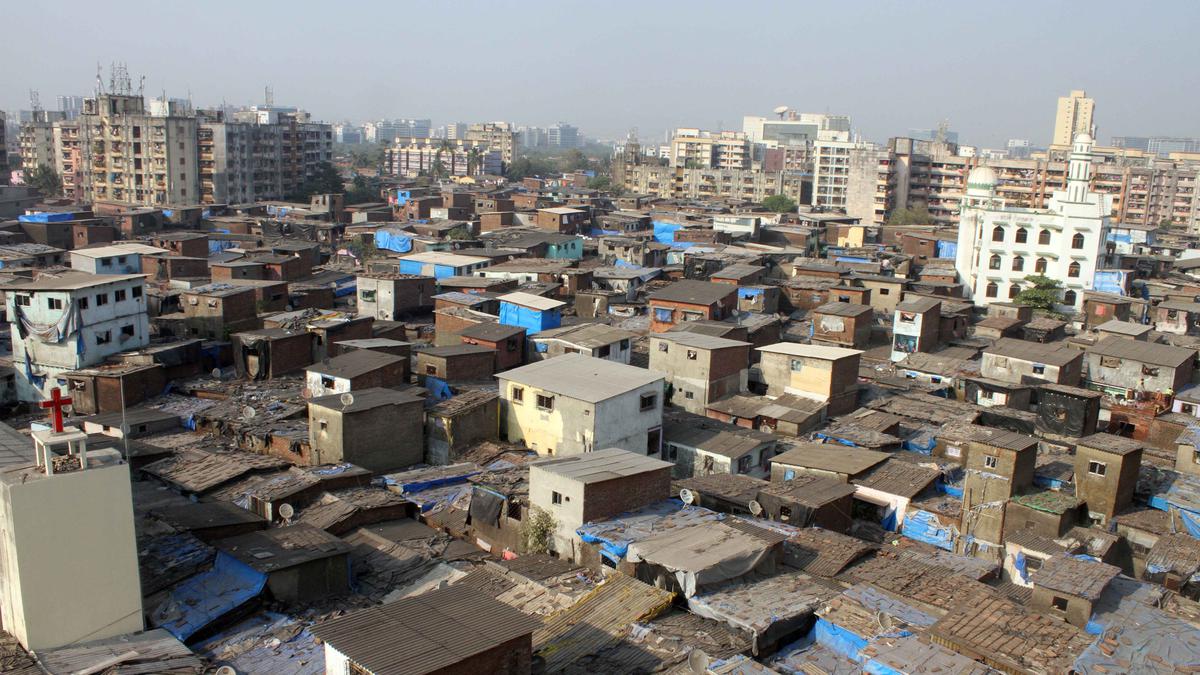
The Bombay High Court dismissed a petition challenging the Maharashtra government's decision on the Dharavi slum redevelopment project in Mumbai. The court upheld the tender awarded to Adani Properties Private Limited, stating that the grounds raised in the petition lacked force. The Adani Group emerged as the highest bidder for the project in the 2022 tender process, after the previous tender in 2018 was cancelled.